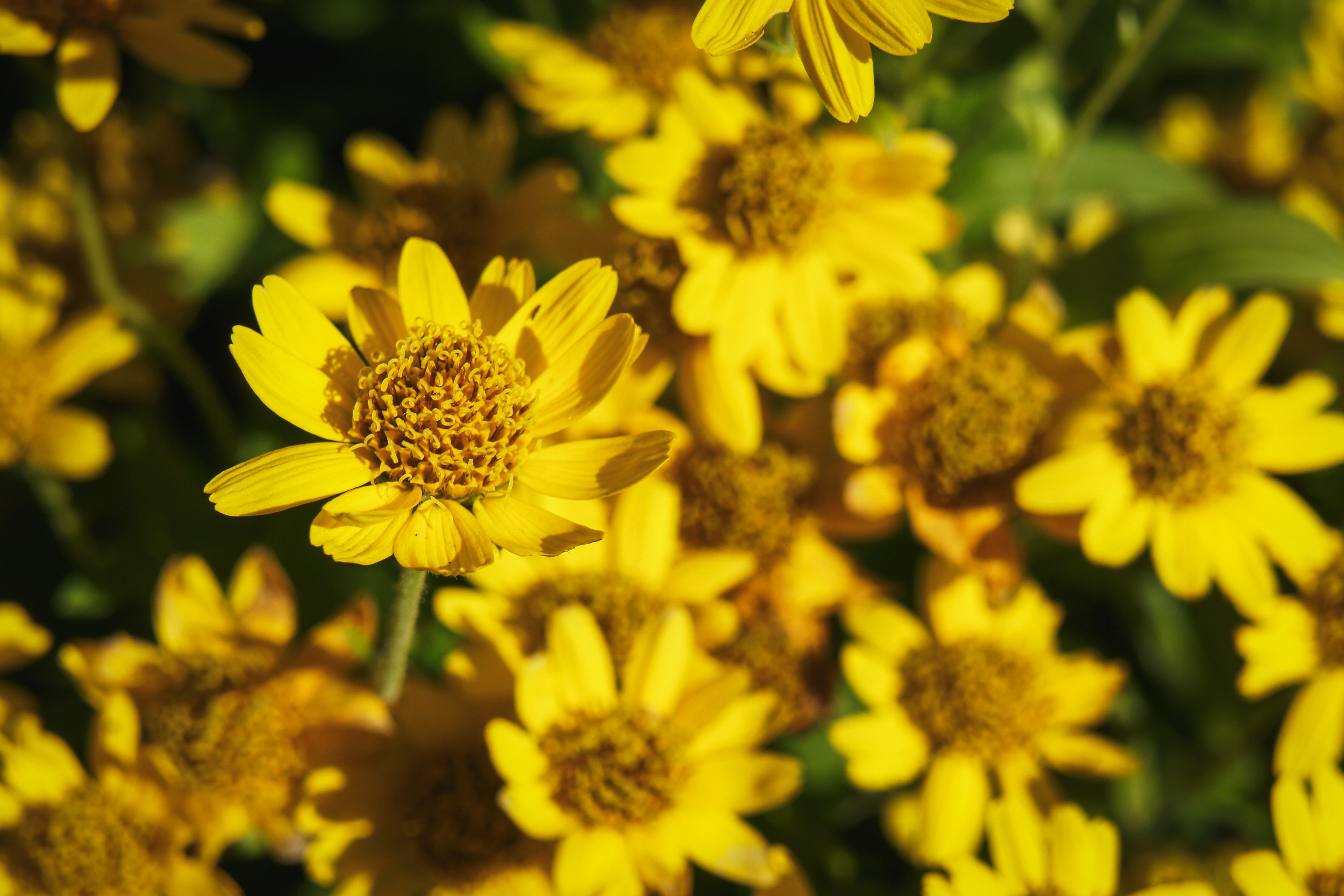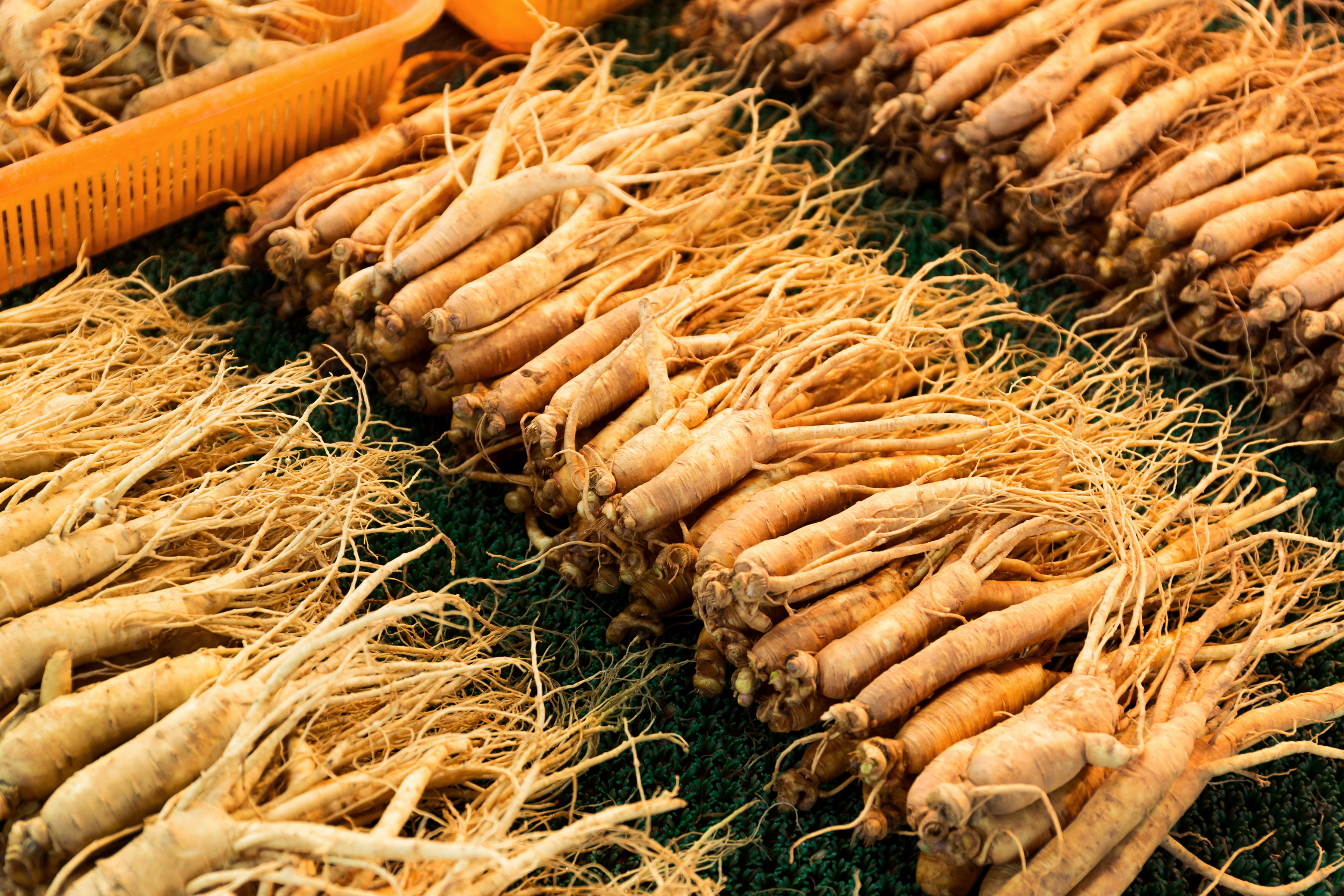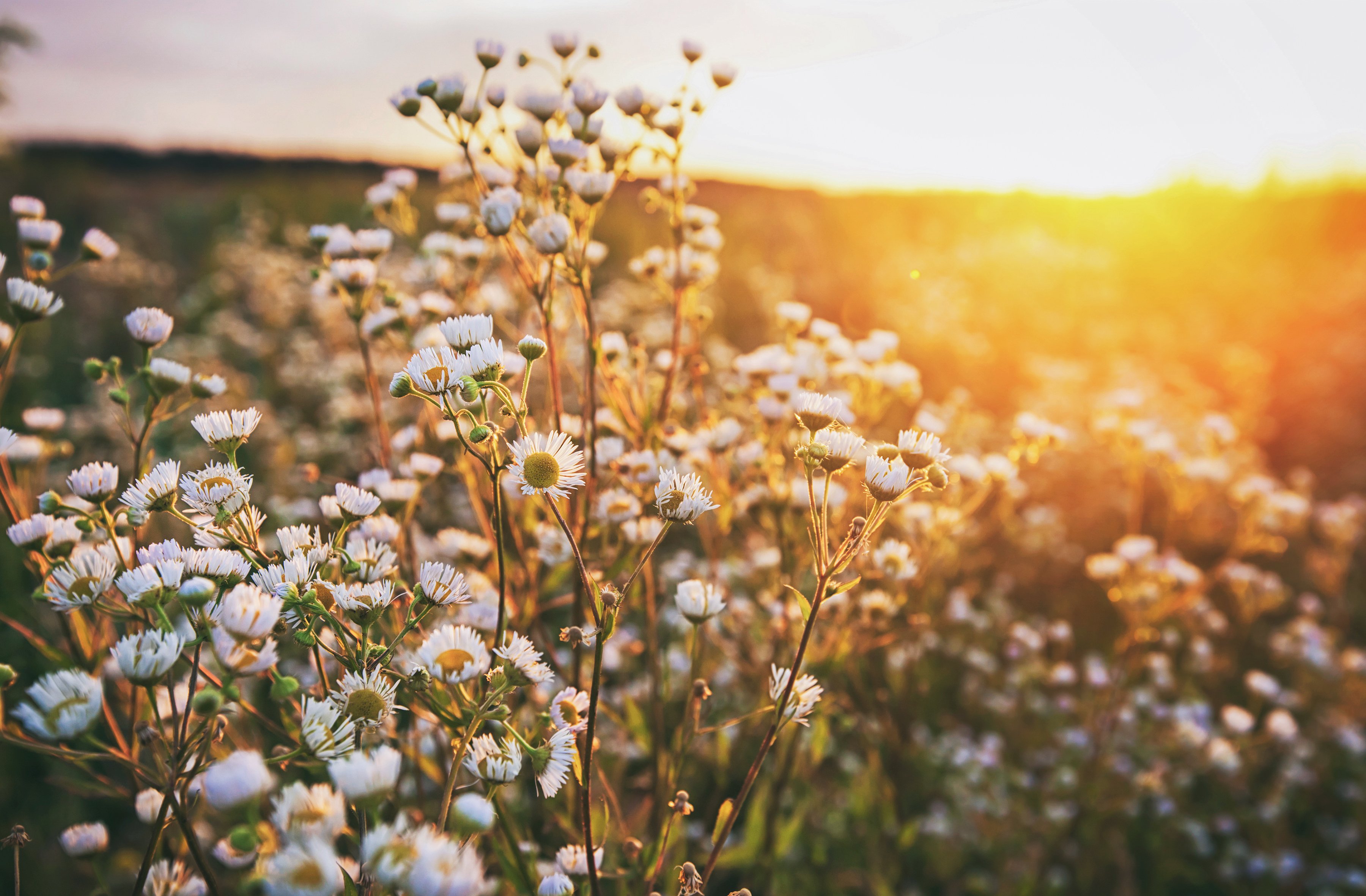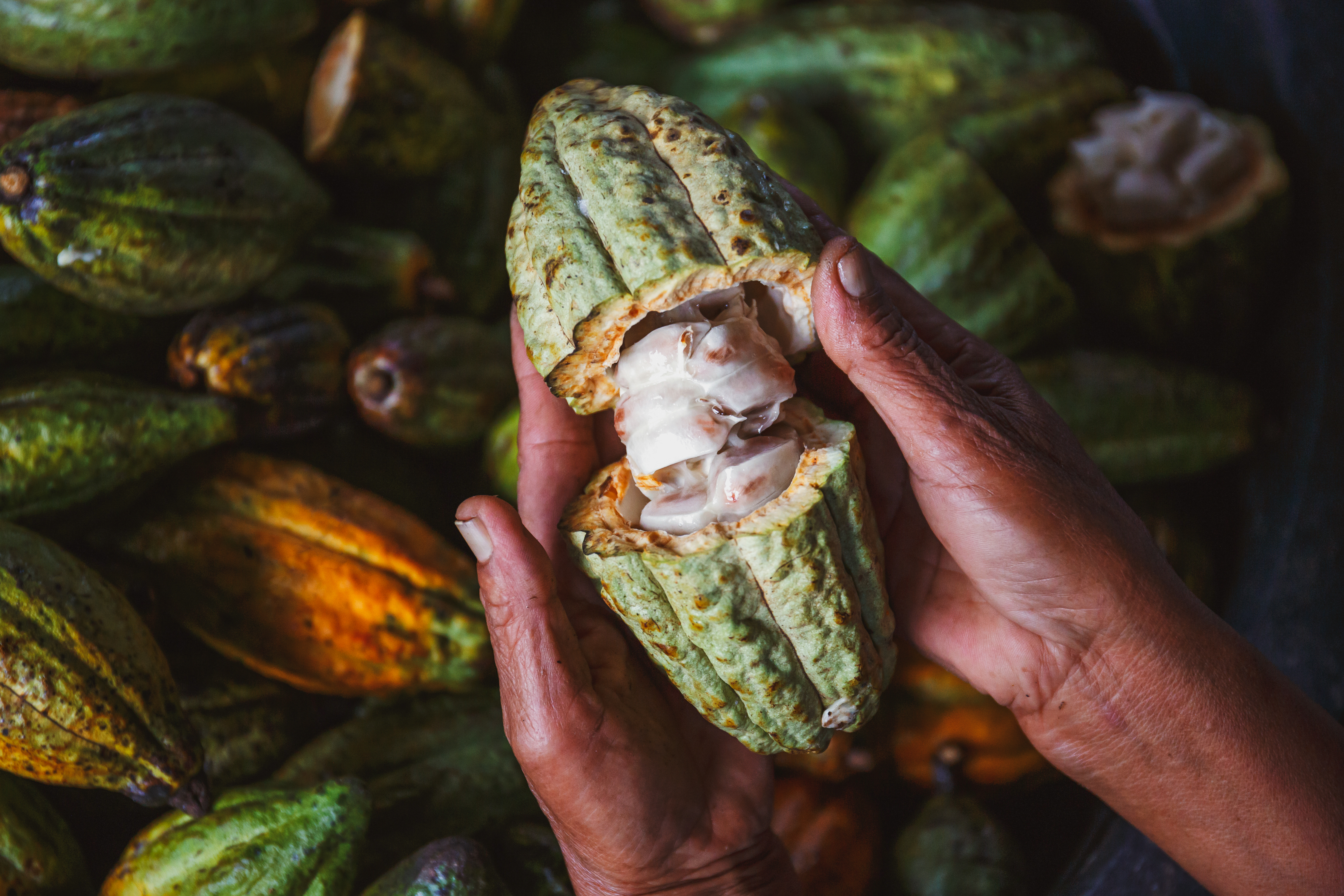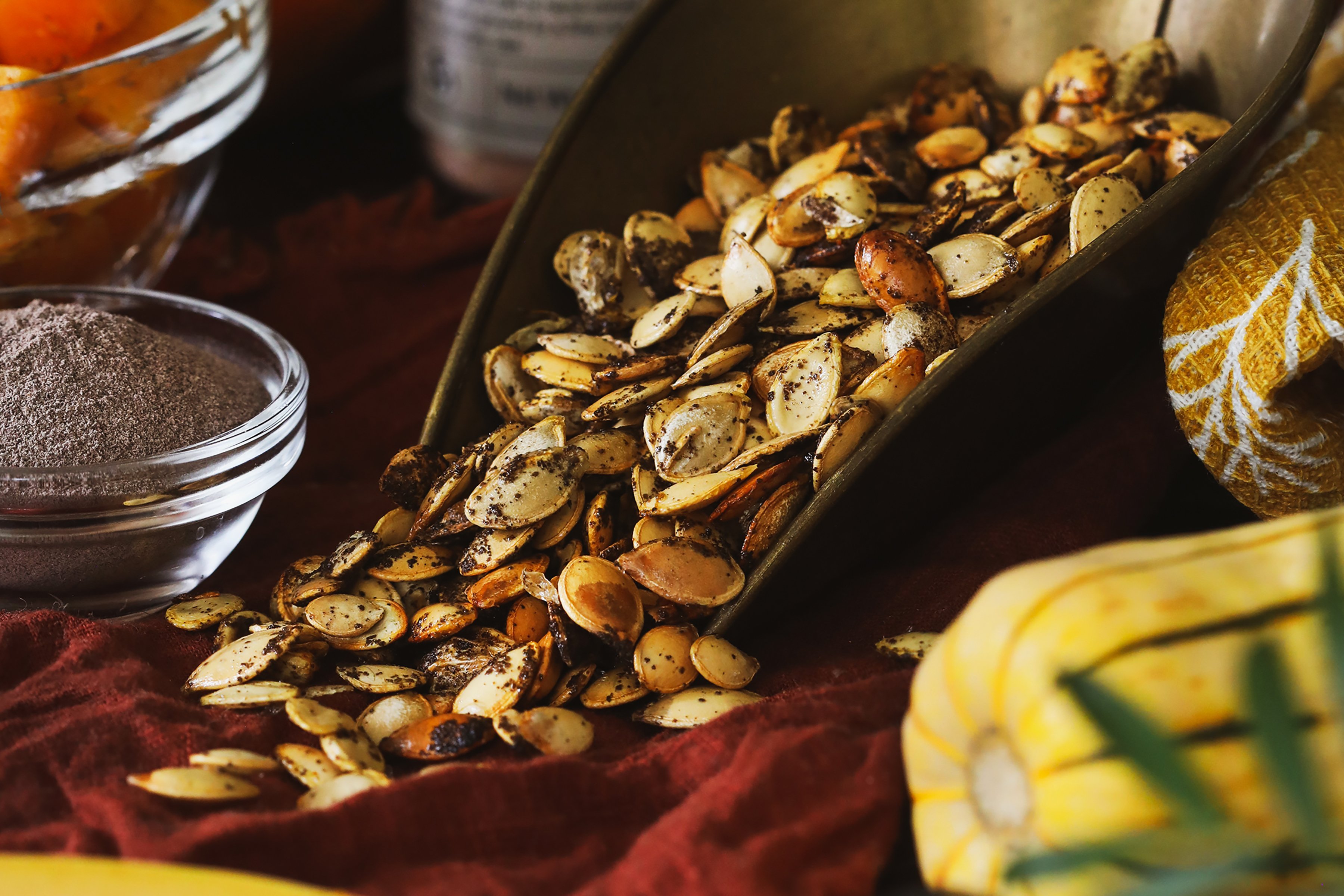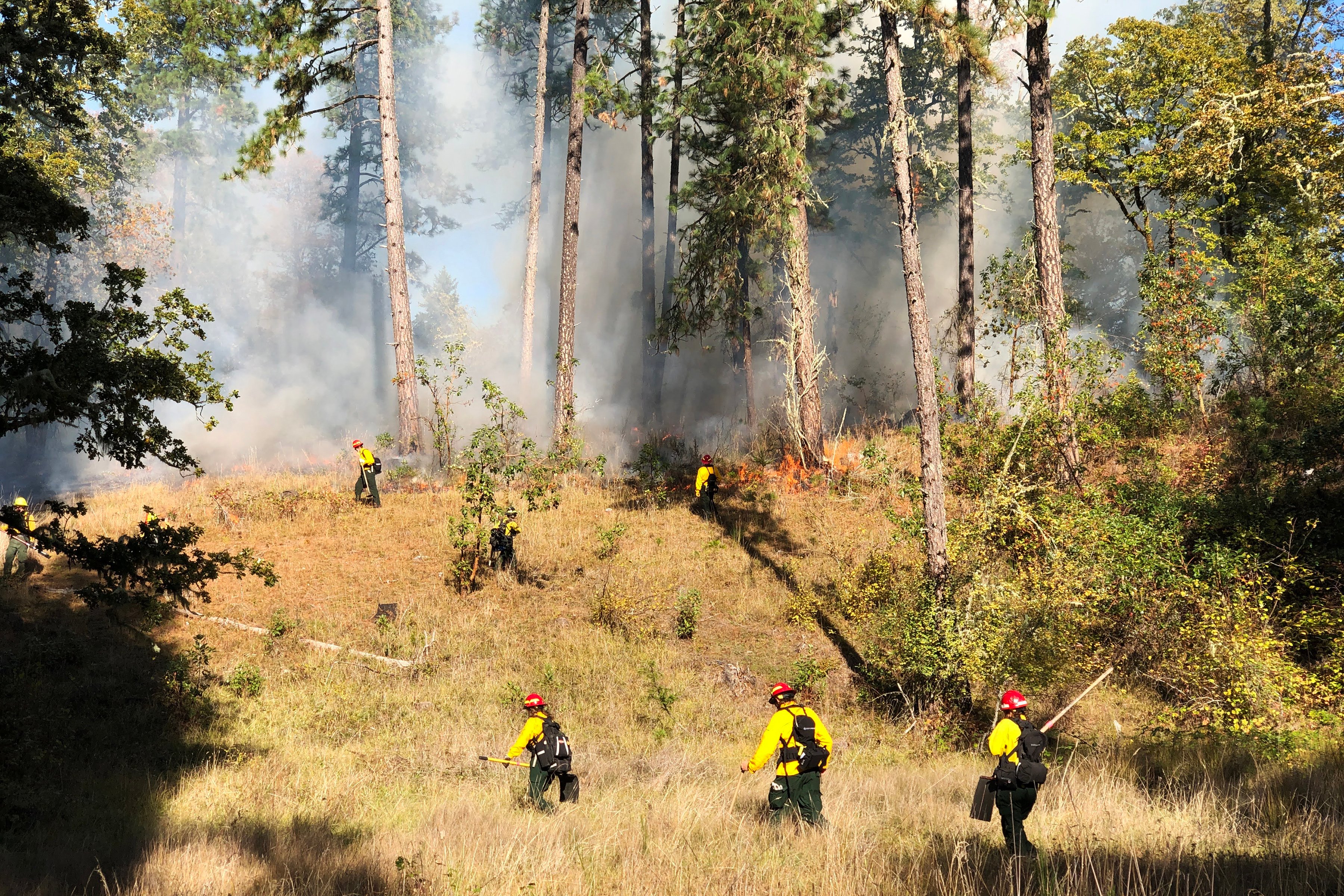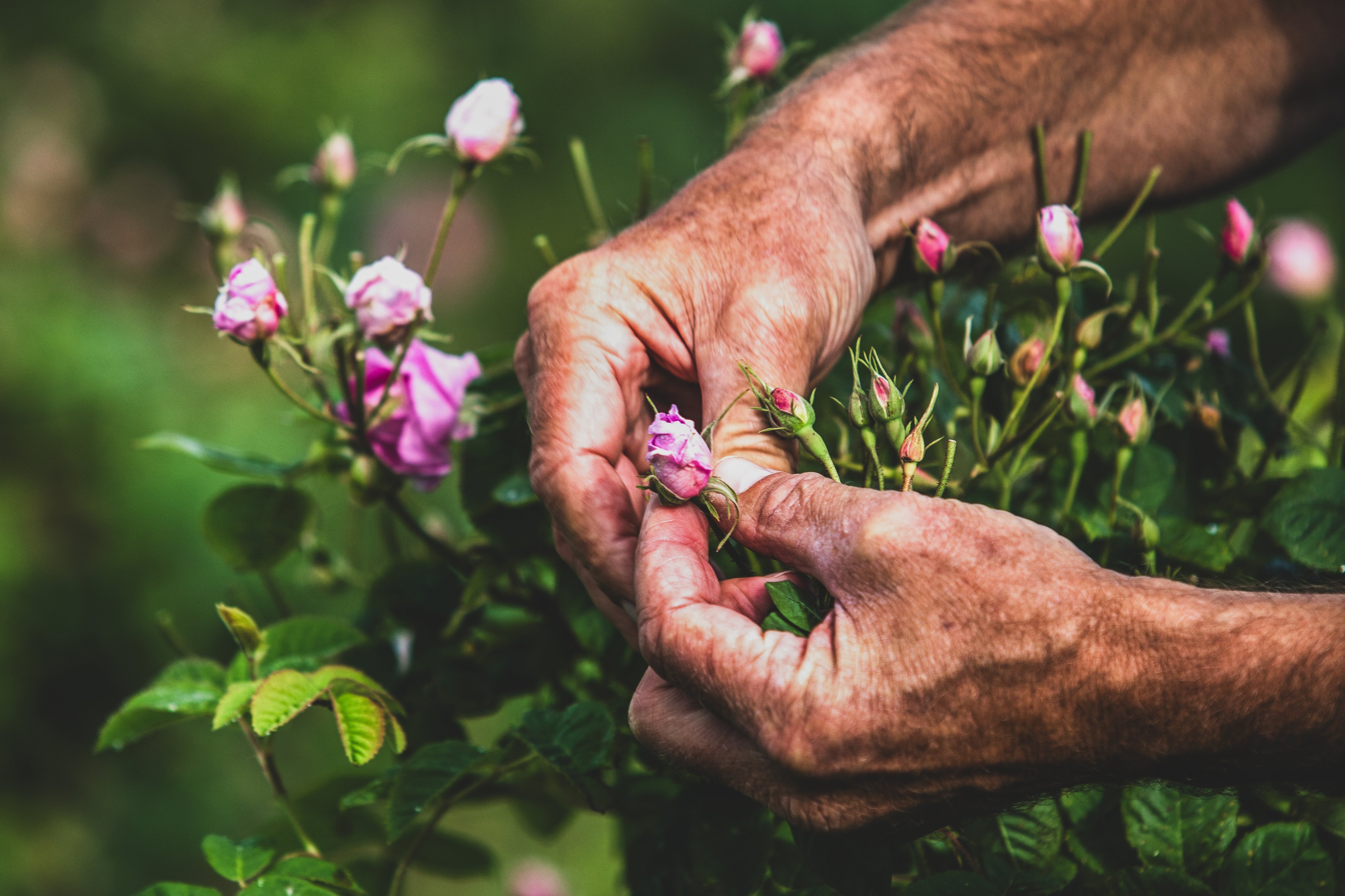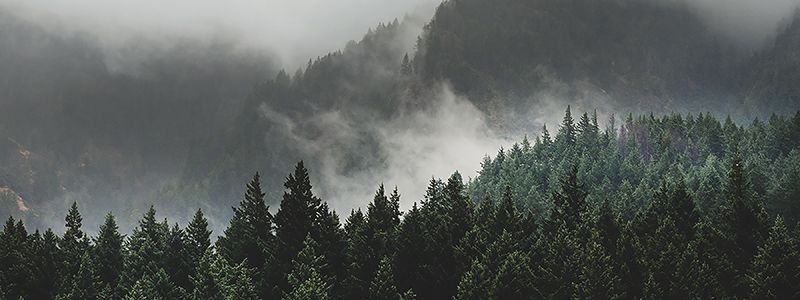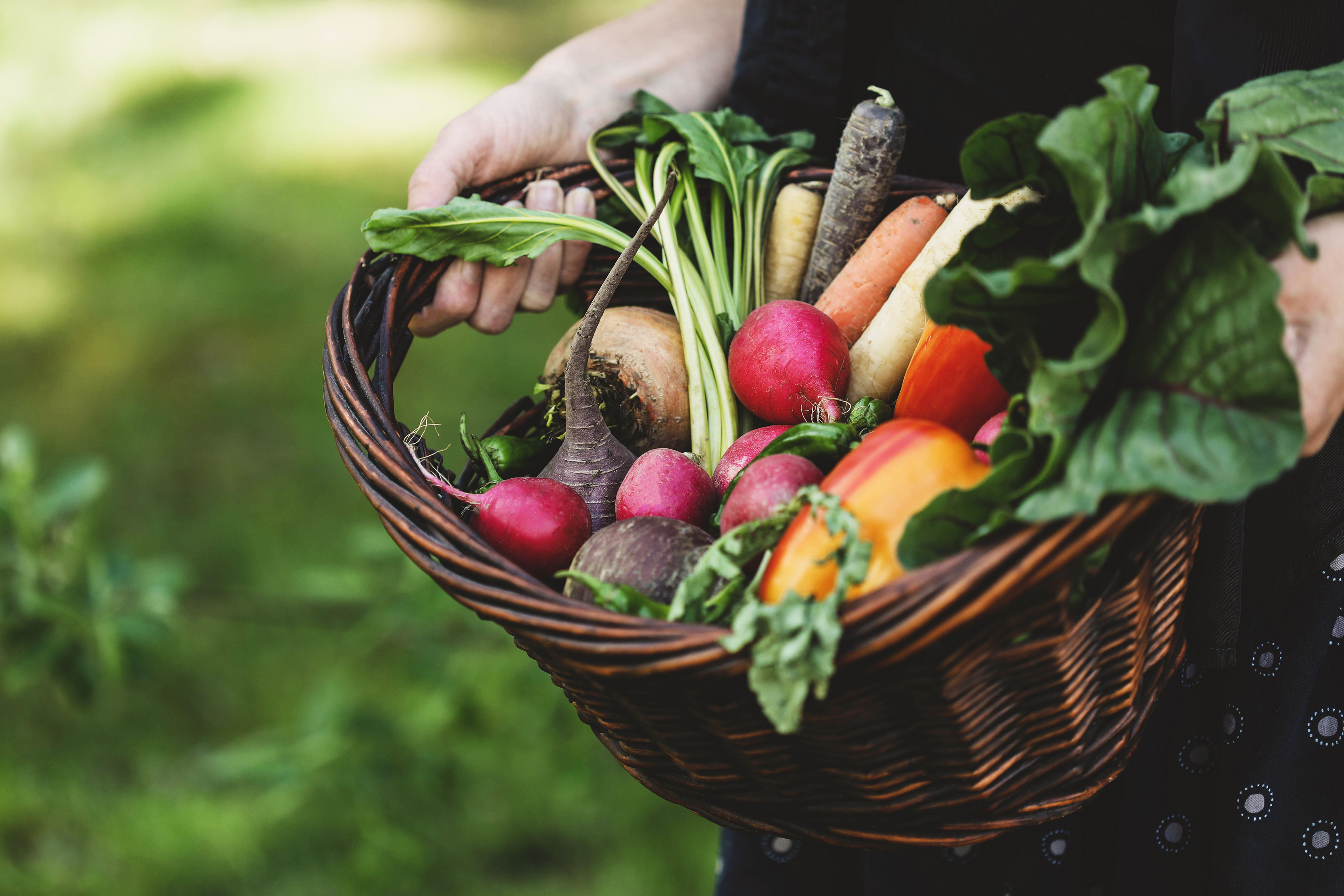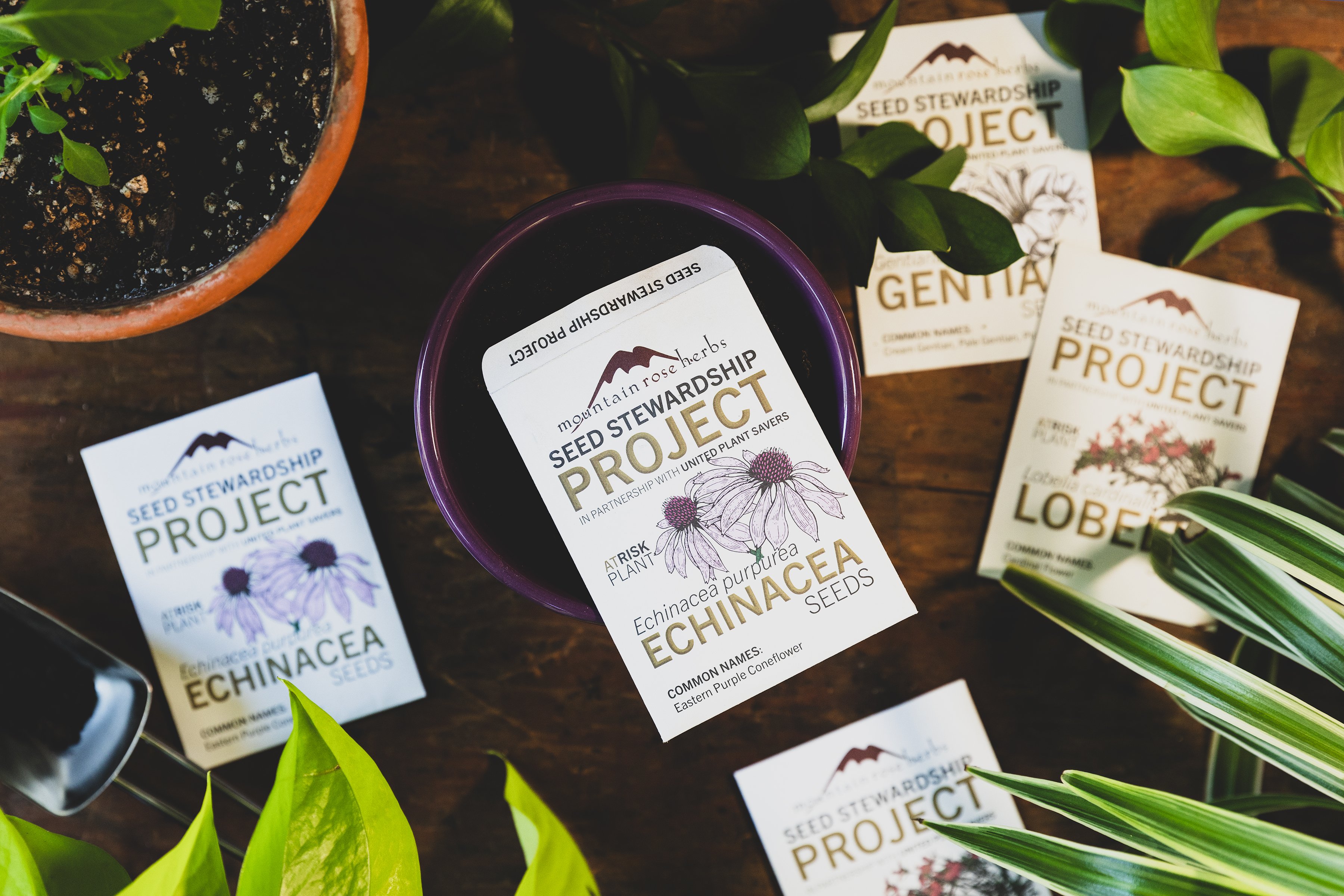If you’ve spent time reading Mountain Rose Herbs blogs, you know that one of our primary concerns is the alarming and increasing loss of native plants. Because of overharvesting, climate change, and habitat destruction, some of the most important medicinal herbs in North America are at risk or endangered, and several are already critically imperiled. We are passionate about finding solutions for these precious botanicals, but like so many important causes on our planet, it takes a village. We need researchers, scientists, data collectors, herbalists, farmers, wildharvesters, state and federal lawmakers, herb suppliers, gardeners, and the list goes on. In addition to all of these essential roles, we need to build connections around the world with other dedicated plant people who may be seeing the same things in their part of the world. We need to understand what plants are at risk and what alternatives we can access. This is where our allies at United Plant Savers (UpS) step in.
Read More
For more than ten years, Mountain Rose Herbs has been working with United Plant Savers (UpS) and other conservation organizations to address the alarming decline in wild ginseng populations in North America. Despite concerted efforts and the support of federal and state governments, as well as ethical ginseng forest farmers and wildcrafters, the state of this precious botanical in the wild remains precarious due to overharvesting and habitat destruction. With that in mind, we are delighted to say that a new way of farming ginseng is providing hope for the future of Panax quinquefolius!

If you’re at all familiar with Mountain Rose Herbs, chances are you’ve heard us proudly shout from the rooftops that sustainability is always on the brain here. The idea that all life can harmoniously co-exist alongside our planet—absent of imbalance between what is taken and what is provided—is a concept woven deeply into our company’s seams. Whether that be our commitment to organic agriculture, fair trade relationships, zero-waste innovation, plant and river conservation, or community support, we truly keep sustainability at the forefront of our minds.
Read More
Among the stellar organizations that Mountain Rose Herbs works with, our Fair for Life partnership is one that we are particularly proud of due to the demonstrable good that it does. Its principles impact people and the environments they live and work in around the world, as well as our community here in Eugene, Oregon.
Read More
If I had a quarter for every time I’ve found myself guiltily staring down at the seed-speckled mushy remnants of a squash I freshly gutted, I’d be retired and roaming somewhere around the Oregon Coast by now. “What in the world am I supposed to do with all these seeds?,” I’d grumble to myself as the seeds seemingly stared back up at me with a desperate look of maybe, just maybe, this will be the day I use them to their full potential. Repurposing seeds that would otherwise be destined for the compost bin can feel intimidating, time-consuming, and messy (full disclosure – the messy part is true!).
Read More
On a warm October afternoon in 2021, roughly 40 personnel from Oregon forest agencies, area tribes, and conservation groups, including the Long Tom Watershed Council, gathered on the Andrew Reasoner Wildlife Preserve outside Eugene. Among them were a dozen Native American firefighter trainees who had spent the week learning the essentials of wildfire suppression. That the culmination of their training would be the deliberate burning of an eight-acre parcel of land might strike some as contrary, even outrageous. As a former National Park Ranger who served as a firefighter in the early 90s, this certainly flew in the face of the training I’d received.
Read More
Irradiation of food is a topic that is increasingly showing up as a point of concern for Mountain Rose customers, so I want to take a minute to talk about this timely subject. The U.S. Food and Drug Administration (FDA) approved the use of food irradiation in 1963 to kill bacteria, molds, insects, etc. in wheat and flour. Today, the FDA has approved irradiation for fruits, vegetables, eggs in the shell, spices and seasonings, sprouting seeds, poultry, crustaceans and shellfish, and red meats. Food irradiation involves exposing foods to one of three different types of ionizing radiation: gamma rays from cobalt-60, x-rays, or electron beams. The FDA uses this technology to improve food safety and extend storage and shelf life. Meanwhile, the United States Department of Agriculture (USDA) National Organics Program (NOP), which oversees the nation’s organics labeling, prohibits the use of irradiation to treat organic products because the process alters the natural state of food. These two opposing views present consumers with something of a conundrum.
Read More
You already know that Mountain Rose Herbs is a purveyor of organic herbs, essential oils, teas, and exceptional botanical offerings. And you've probably read that we are serious about putting people, plants, and planet before profit with everything we do: from supporting sustainable agriculture to encouraging employee volunteerism. What you may not have known is that in 2018 these values led us to become an Oregon Benefit Company.
Read More
With so many options on the shelf at the grocery store, not to mention the enormous number of food selections from online sources, it is difficult to know that the food we eat is nutritious, delicious, and free of unwanted pesticides or preservatives. We see a lot of hype around one certification or another, with new standards being presented to us all the time. How do we know that the food we put on the table supports the health of our families, communities, and the planet?

At Mountain Rose Herbs, botanicals are our business, and the industry has been growing year over year as more people realize the health-supporting benefits of our plant allies. Sounds great, doesn’t it? In many ways, this is a wonderful return to valuing the abundance the natural world has to offer while utilizing the myriad benefits that botanicals provide. Unfortunately, the ongoing and increasing impact of overharvesting wild plants has left many of our native populations at significant risk of decline or even extinction. For this reason, we have invested our time and energy in striking a balance between increasing the availability of the number of botanicals we offer and supporting the conservation of the most at-risk plant varieties.
Read More
Believe it or not, employee wellness programs have existed for the better part of the last 100 years. For much of this history, the programs have focused on the physical aspect of health while ignoring other facets of an individual’s wellbeing including mental health and work/life balance. In the past, wellness programs often included structured times throughout the workday to stretch or get some exercise, but research shows that programs such as these are often underutilized by the employees themselves. Why is this, and what have these attempts at workplace wellness been missing? At Mountain Rose Herbs, we recognize that the workday is just a fraction of the lives we all lead. If we want company-sponsored initiatives to effectively promote health and wellbeing, they must extend beyond the office to improve the overall quality of life.
Read More

